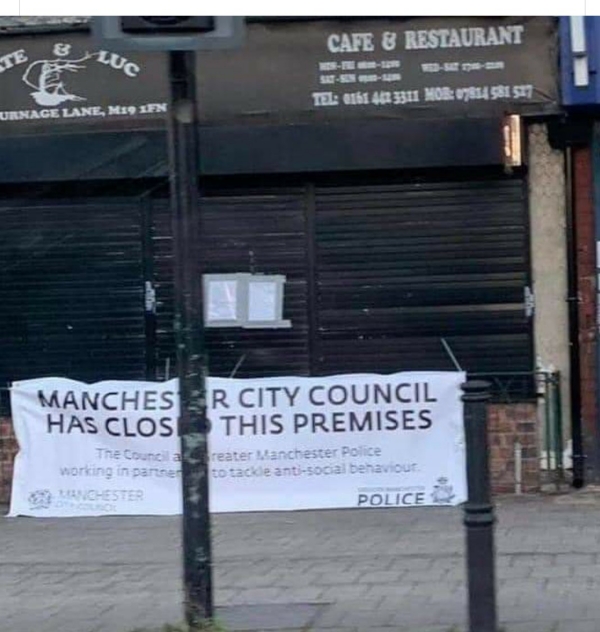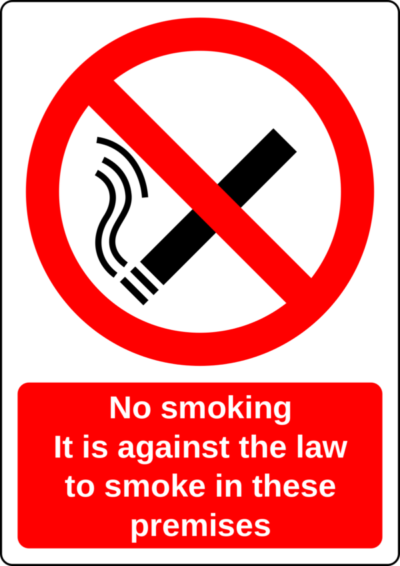When related to property, the noun premises is defined by Collins Dictionary as:
a piece of land together with its buildings, esp considered as a place of business.
When related to property, premises has since time immemorial (or even longer. Ed.) been a plural noun.
However, it is a source of constant surprise how many people these days regard premises as a singular noun, as shown by this recent example, courtesy of Manchester City Council.

However, it should be remembered that premise does exist as a singular noun, in which instance it takes the following definition:
something that is supposed to be true and is used as a basis for developing an idea.
Local authorities are not the only people to get confused about premises and premise as regards use of the plural and singular.
Take this example on Twitter courtesy of the constabulary in Shrewsbury.

That’s right. Why have a premises licence when a premise licence will do just as well? I’m sure Mr Plod meant the former, but having a licence for a premise raises many new questions indeed.
Professor Paul Brains of Washington State University has included the confusing of premises and premise in his book, Common Errors in English Usage. Read his simple, eloquent distinction.
Premises are also quite particular about where any action takes place too. Anything that happens always, always takes place on them, not in them.
The introduction of a blanket ban on smoking indoors gave rise to a wave of illiteracy, as exemplified by this typical example.

It does feel as though those of use who are held to higher standards of language use and/or were taught proper English (Ahem! Ed.) are fighting a losing battle. Will premises become increasingly singular? Will actions take place in them ( or it? Ed.) in future?
For the answers to such questions, one must wait and see.
Only time can tell as language always has been dynamic, i.e. a moving target: and what is regarded as proper usage will always be subject to change, just like language itself.